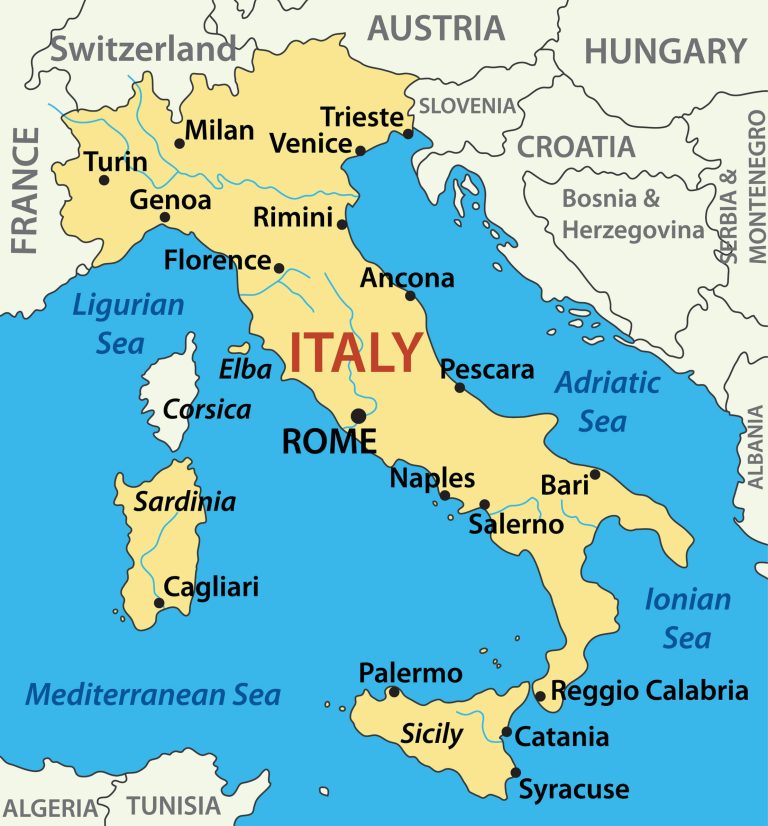

What Are the Consequences of Offshore Banking?
If you were intrigued by the Panama Papers controversy, you may be interested in offshore banking. Maybe you’ve been thinking about putting part of your money in an offshore account. Maybe you’ve been hesitant because you don’t want to get into problems with the Internal Revenue Service (IRS).
Some find offshore banking appealing, but it is far more ordinary than it looks.
KEY TAKEAWAYS: Using the services of a bank outside of your native country for good reasons is not unlawful.
Some international banks may open an account for a foreign consumer with as little as $300, whilst others will not do business with foreign customers at all due to compliance concerns, For tax purposes, offshore bank accounts must be disclosed to the holder’s home country; nevertheless, certain jurisdictions enable foreigners to generate capital gains tax-free.
Individuals may prefer to store their money abroad if their home nation is unstable and they are afraid of losing their investments.
How Does Offshore Banking Function?
First, let’s avoid phrases like “stash,” “hide,” and even “offshore bank account.” It is not unlawful to use the services of a bank located outside of your own country. And, while the term “offshore” literally applies in some cases—for example, a bank account in the Bahamas—doing business in Canada could be just a short drive away.
The practice is not exclusive to the rich. Some overseas banks would accept as little as $300 from you and
Create an account. Banks in other countries, including those in the United States, set their own account minimums and other requirements for consumers.
Some international banks, on the other hand, will refuse to do business with certain foreign clients due to the needed compliance. Banks are required by the Organization for Economic Cooperation and Development (OECD) and the World Trade Organization (WTO) to provide information about their international clients. 1 Each country complies with these regulations in its own unique way. Some governments refuse to cooperate at all.
What About Bank Accounts in Switzerland?
The famous “Swiss bank account,” or James Bond-style accounts that keep wealthy people’s money out of the hands of their own country’s government, such as the IRS, are subject to rigorous Swiss privacy rules. Their appeal stems from their solitude.
Previously, Swiss banks did not even assign names to accounts. Switzerland, on the other hand, has decided to send over information about their account holders to other countries, essentially stopping any tax avoidance that may have resulted from holding an unregistered, or concealed account.
The Advantages of an Offshore Account
Not only was tax avoidance an incentive to have a Swiss bank account. There are several valid reasons to keep money outside of your own country. The first consideration is the tax treatment. You may earn money tax-free in several nations. How about putting your money to work in another nation, earning capital gains while paying no taxes to that country? When you relocate your money overseas, this is technically conceivable. The practice is legal in the United States as well. In recent years, the United States has emerged as one of the world’s most popular tax-havens. Nevada, Wyoming, and South Dakota currently have a considerable quantity of foreign money, although it is not largely for tax reasons.
One of the primary benefits of storing foreign currency in the United States, Switzerland, and other industrialized countries is its stability. People living in countries experiencing political and economic instability are concerned that their money, as well as their lives, maybe jeopardized. What if the economy fails? What if a civil war breaks out? What if their government pursues them for any reason? It is more difficult for their own government to confiscate their money if it is stored elsewhere.
Overseas bank accounts also provide account users with greater chances to invest overseas and act as a currency hedge in the event that their native currency falls in value. Less essential but noteworthy is that, owing to currency exchange rates, an investor may be viewed as a high-roller in other nations. As a result, that individual may obtain the perks that come with wealth, but this may not be the case in the United States.
It is important to note that if you earn or hold money in another country, you are still subject to US taxes. The IRS requires Americans to complete the IRS FBAR form and declare any funds kept in overseas accounts that exceed $10,000 in total.
For money earned overseas, there is a foreign-earned income tax exclusion, but the remainder is taxable. 4
Offshore Accounts: Special Considerations

Establishing an offshore account is not unlawful unless done with the goal of evading taxes. The Foreign Account Tax Compliance Act (FATCA) mandates banks all over the globe to disclose American residents’ balances and any activity to the IRS or face fines. 5
Some U.S. corporations that handle overseas money claim to utilize a team of attorneys to ensure that their international activity is appropriately and lawfully reported to their home country. Unavoidably, there will be those who use the system in order to benefit unlawfully. The United Nations Office on Drugs and Crime believes that the revenues of illegal funds Money laundering account for 2-5 percent of world GDP (or around USD $2 trillion). 6
In conclusion, keeping money in an offshore bank account is not unlawful, but it is also not tax-free. You can invest in “hidden” bank accounts as long as you have genuine business reasons—though it will not be truly secret.
Is it legal for me to have a foreign bank account since I’ve lived abroad?
If you have an overseas bank account, you must simply file a FACTA with the IRS to acknowledge its existence. However, if the account has more than USD $200,000 and you reside overseas (or more than $50,000 and you live in the United States), you must complete the more detailed IRS Form 8938.
Why Is It Illegal to Hide Offshore Financial Accounts?
Hiding money or assets held in another country is forbidden for two reasons. One is that it may result in tax evasion. The second possibility is that this cash will be utilized for money laundering or other illegal purposes. As a result, even if the funds are not subject to taxation, they must be disclosed.
Why Is Money Held Offshore?
There are various reasons why you would want to have an offshore account. You may have lived or worked in another country for a long length of time and need a local bank account. To diversify a portfolio, you may desire exposure to international interest rates or assets that may only be accessed through an offshore account.
Is Forex trading an offshore activity?
People who trade currencies in the forex market often do so through a domestic broker. Because this broker is in charge of the holdings, they are likewise regarded to be held domestically (i.e., onshore).



